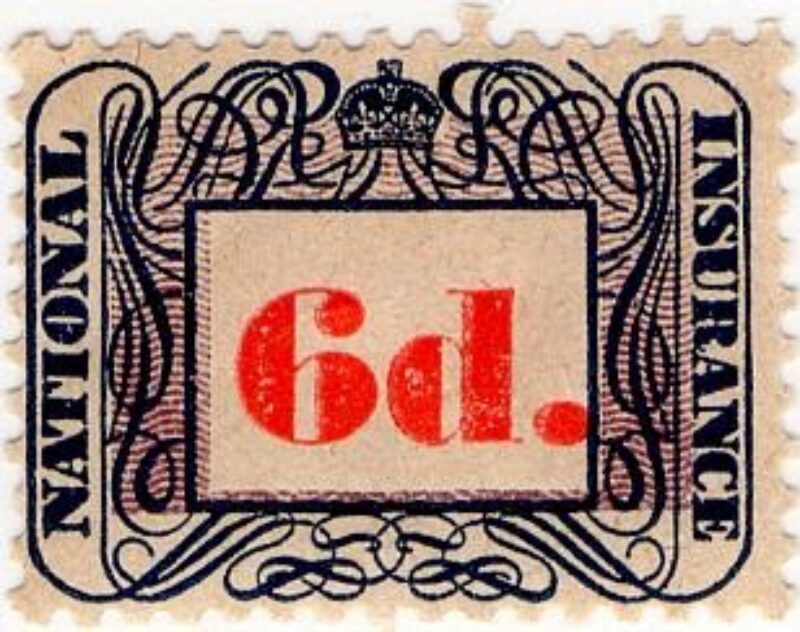Mat Bate, Chartered Wealth Manager can talk at length about the technicalities of portfolio construction, evidence-based investing, and the importance of cost control but he’s also a passionate advocate of Financial Planning and making sure your future financial self is in as good a shape as possible.
Part of this is ensuring that Private Capital’s expatriate clients keep up with their U.K. National Insurance contributions while they and their spouses are offshore.
Here Mat sets out why and how U.K. expatriates (in Hong Kong and elsewhere) can pay voluntary Social Security contributions whilst abroad…
“For me paying your UK National Insurance (NI) contributions while you’re offshore makes complete sense. Doing so means you will protect your State Pension and entitlement to some social security benefits in the U.K.
The full new State Pension is £203.85 per week. I appreciate that £10,600.50 a year (or double if you are married) isn’t going to pay for many round-the-world trips in retirement but it’s a start and should form part of the planning for your future self. Using powerful lifetime cashflow planning software to illustrate this point does reinforce why U.K. expatriates need to do this.”
So how do you do it?
Stage one: check your State Pension. This takes minutes and can be done via this link www.gov.uk/check-state-pension.
This will show what you will get at state pension age, assuming you work to retirement, and highlight any shortfalls in your NI contribution history.
Stage two: make your contributions. Mat says:
“Class 2 National Insurance contributions are the price of half a beer in Hong Kong (£3.45 a week/£179.40 annually for 2023 to 2024). You’ll need circa 35 qualifying years to get the full U.K. State Pension which is currently £203.85 per week/£10,600.20 annually per annum. You can also backdate your payments for at least 6 years and sometimes longer in certain situations.”
You can request to pay class 2 contributions and make up any shortfalls by completing the HMRC form CF38 including pages 43 & 44:
Box 22 – Tick ‘Class 2’ contributions (If you are only eligible for class 3, they will write to you)
Box 23 – Mat chooses to pay by monthly Direct Debit from his UK bank account
Box 25 – ‘YES’ to make up shortfalls (you can go back at least 6 years).
That’s it, nothing complex, nothing that you need to pay an adviser to do for you. Making these contributions is a certain and relatively inexpensive step that boosts your guaranteed income in retirement.
You must apply via post to pay for any gaps in your current tax year and setting up a direct debit.
If you want to know more you can visit the U.K. government’s page on this here: https://www.gov.uk/national-insurance-if-you-go-abroad
Interested in knowing more about how you can plan for your future financial self, including financial planning and lifetime cashflow planning then you are most welcome to contact Mat or one of the team by email or by calling +852 2500 5900.
Other blog posts you may find interesting:
Continue your search with other blogs below:


